
FREDDIE'S CORNER
24-06-2023 by Freddie del Curatolo
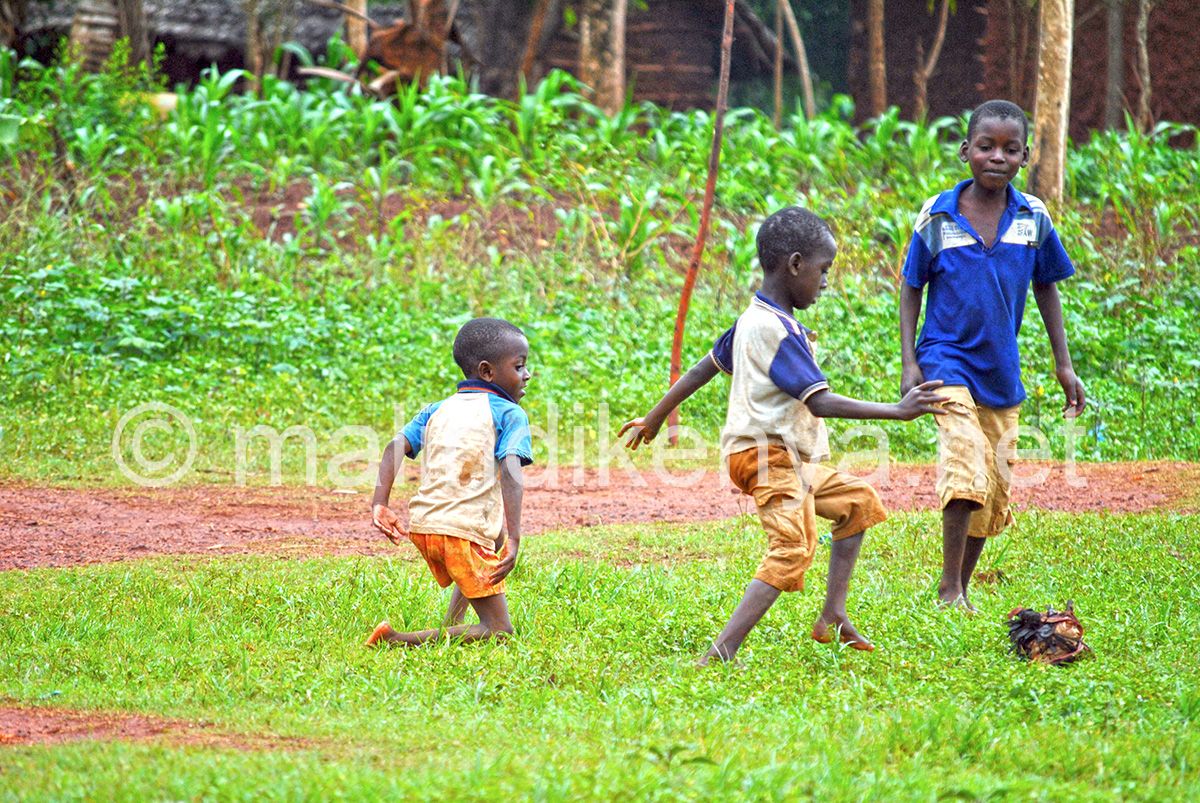
Here it is not just 'the latest sacred representation of our times', as Pier Paolo Pasolini wrote of football, nor is it the disquisition between lovers and detractors as to whether or not it is 'the most beautiful game in the world'.
In Kenya, 'football' gives above all that primitive sense of leisure, aggregation, involvement and fantasy thanks to which it has gone from being a street game to the most popular sport everywhere.
The enthusiasm of the children in this part of Africa at the mere touch of a plastic or rag ball with their feet in the clearings of the savannah, recalls our peninsula in the immediate post-war period, the districts of Naples and the suburbs of the northern metropolises.
When the ludos then moves to the front of a television set, in the crowded, hot bars, amidst spicy breaths and wild aphorisms like fantasists on the counter-attack, the pleasure of sport and competition is joined by the spectacle of enthusiasm, challenge, mockery and even quarrels that the spectator offers.
The half-ripped English team shirts with the names of players who have been retired for a decade, the tepid bottles of beer just waiting for the moment to crash down after a goal, the dripping foreheads wiped dry with spongy Guinness coasters.
Can you imagine a public venue in Kenya where women, albeit portly and sheathed in evening dresses at four in the afternoon, are frowned upon or, worse, not even given a fleeting glance between a shot over the crossbar and a goal kick?
As is the case with the game, in makeshift pitches on the beach or on the side of red dirt roads, this 1950s Bar Sport atmosphere has been almost completely lost in Europe. When football was truly synonymous with unity and not a way of venting one's repressions, and the parochialism of cheering stimulated ingenuity and did not fall into narrow caste rivalries. When there were no pay-per-views and to watch a match it was a must to relate to others.
Today then, besides the liberating sense of relying on the unknown of a treadmill, there is also the dream of becoming a champion. In Kenya, one no longer looks only to the highland boy-boys, the marathon runners of Eldoret and Nakuru, but also to the funambulists of the ball, like Mc Donald Mariga, the Nairobi midfielder who landed in Italy, was in the Inter team that won the 'Triplete' with Josè Mourinho as coach, and faced opponents with a smile, as if they were mzungu to be welcomed at the airport with the catchphrase 'jambo, habari? Karibu Kenya'.
Even the dream is uncorrupted here. It is not the desire for showgirls, yachts and the good life in night clubs. It is the hope of turning one's village into a jewel with water and electricity, like that of Obama's relatives, it is being recognised in the streets and bringing optimism to other young people, like former Olympian Kipteker does.
Perhaps this will not last long, because after the footballer with the fast food name, observers from half of Europe have scattered over the red earth mixed weed fields of East Africa in search of the new Osimhen or Koulibaly.
They pick up self-styled, feline-footed, bewildered-looking self-styled youngsters and put them in a Ghanaian college for a year, or give them and their parents a season in the cold of Brescia or Udine, only to send them back home with frozen dreams. Mariga himself, after being discarded by the multinationals of football, had started his career in Scandinavia, where to warm up he ran three times as fast as the others and jumped higher than everyone else. When he arrived in Parma, he felt like being in the tropics and once he retired, he bought a house in Malindi (vainly attempting a political career, but that is another story).
Africa, thanks to football, has another chance to save the planet from barbarianisation.
Yes, because she was the first to know and suffer barbarism, and she chose to remain an adolescent, with all the consequences that such a decision entails, including that of being abused by adults and her own relatives.
If in public life, politics, economics and the exercise of power it is a grave mistake, in recreational and sporting events it will eternally be a virtue. In difficult times like these, with the country that seemed to have pulled itself out of the quicksand of the Third World to the extent that it had been included in the international B series of 'developing countries', plunging back into the drama of poverty of a large part of its population, a ball thrown into the air by a young boy is always a sign of hope and will never be an own goal.
by Freddie del Curatolo
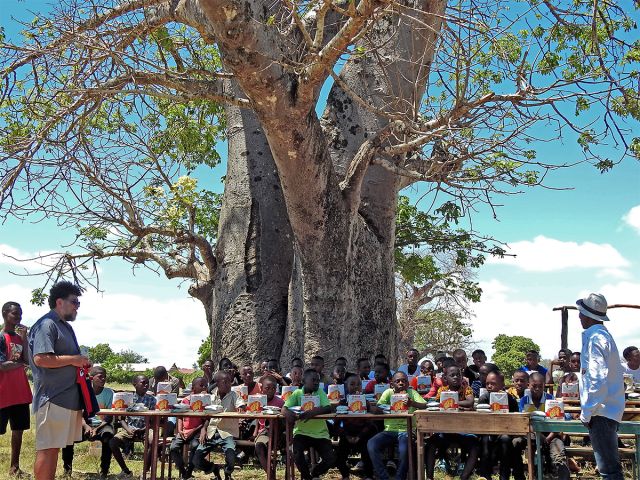
Celebration, support and panettoni for the Malindi suburban street kids' soccer school as it enters...
SOCIAL ACTIVITIES
by Freddie del Curatolo
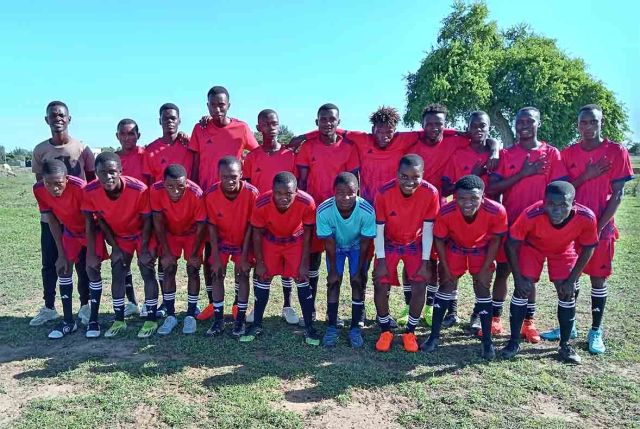
With the crucial help of Karibuni ODV, our football academy, Real Malindi, was once again able to...
by redazione
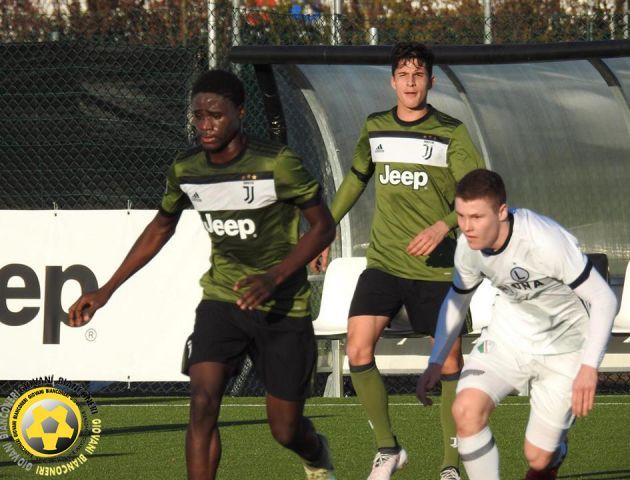
He is called Richard Odada and, like many of his Kenyan peers, he dreams of becoming a professional footballer.
Surely compared to many guys in and around Nairobi, Richard burned the stages.
After reaching...
SOLIDARITY
by Leni Frau

The future of many girls from the slums of Dandora and Korogocho in Nairobi, thanks to the...
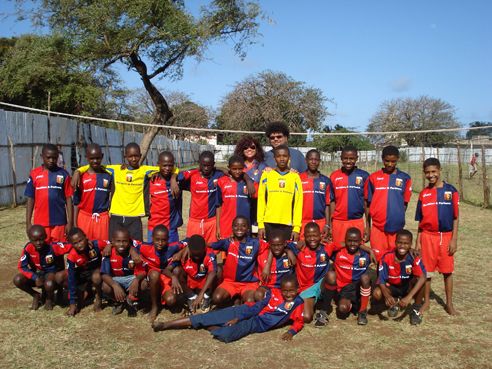
It's no coincidence that my biggest 'diseases' are Africa and Genoa.
In fact, we...
SOLIDARITY
by redazione
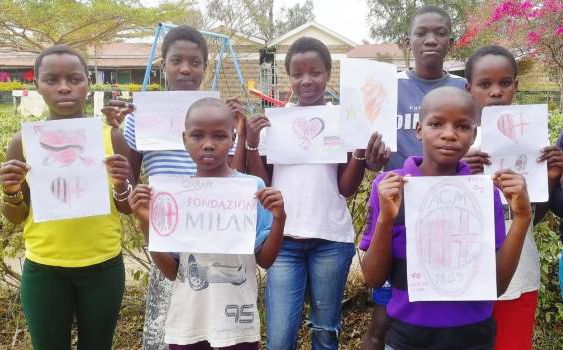
A shelter for 24 slum orphans from Korogocho and Dandora, two of the most populated and...
SOLIDARITY
by Freddie del Curatolo

The kids from the suburbs of Malindi have a dream, that of being able to play football in a ...
SOLIDARITY
by Freddie del Curatolo
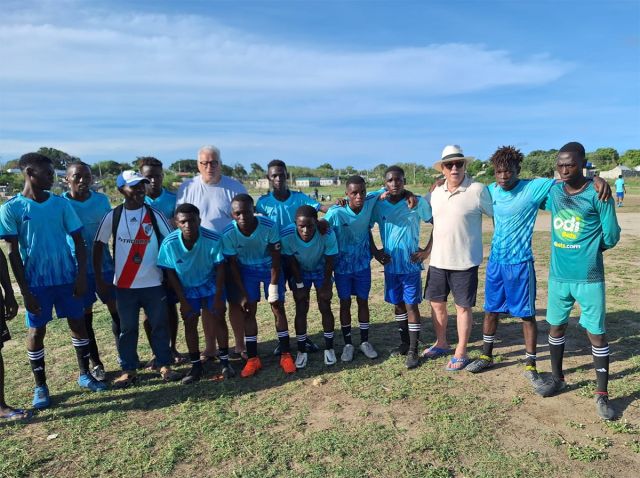
'The last will be first' in society has always worked poorly, in football...